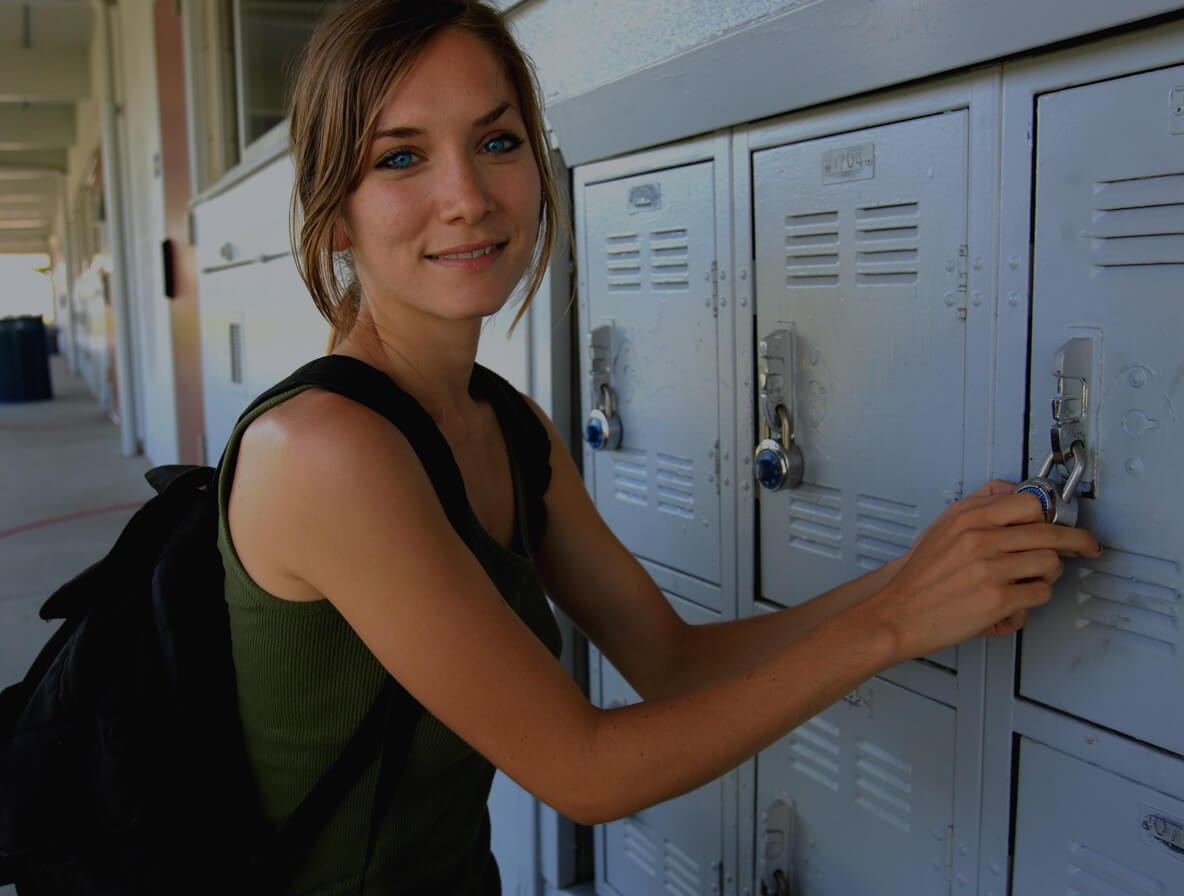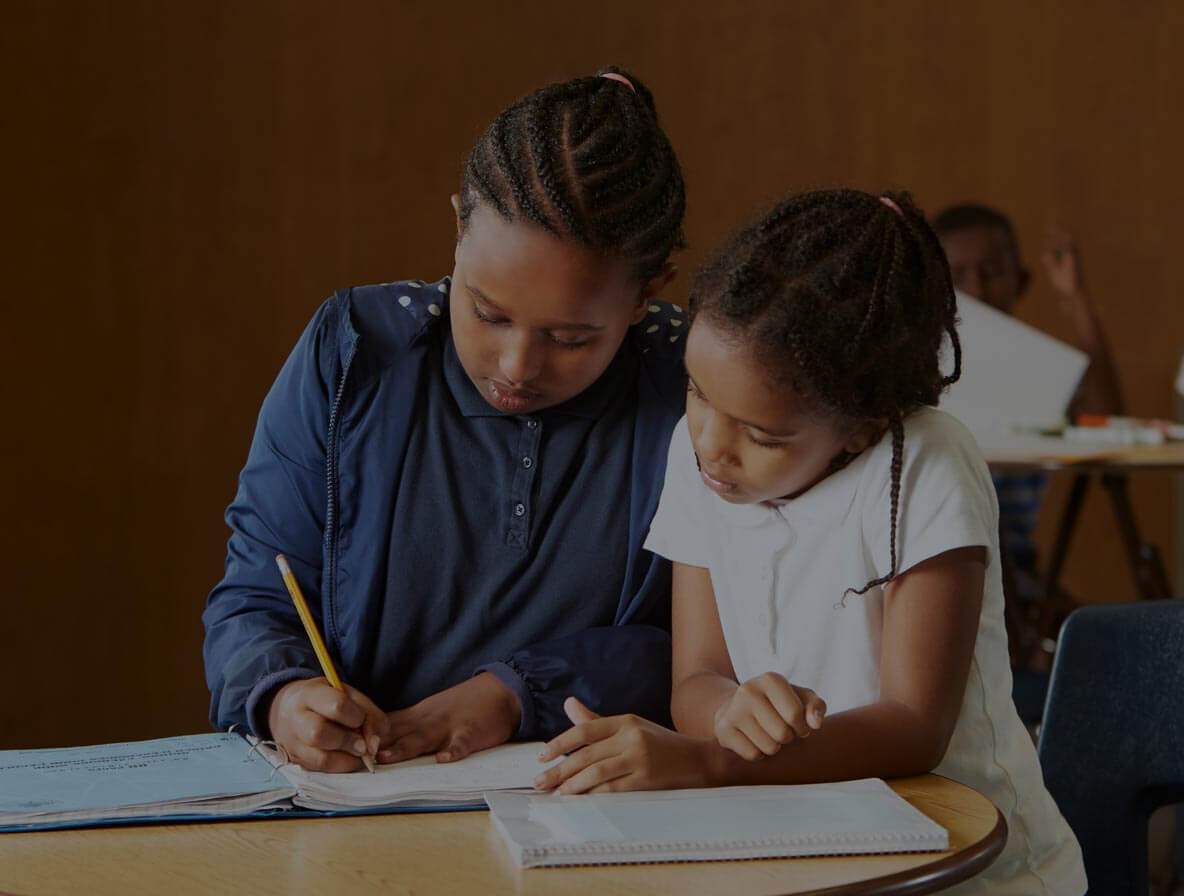If you’re attending university or college, the transition to post-secondary education can be both rewarding and challenging.
As you learn to navigate life at college or university, you will become more self-reliant. Other changes that may happen when you begin post-secondary education include:
- making new friends
- moving away from home, maybe to a different town or city
- living with a roommate
- more challenging academics
- learning to balance your time
Give yourself time to adjust to post-secondary school. As with any new thing you try, it’ll take time to figure it all out.
Making new friends
Your social life is likely to change. Some of your old friends may go to your new school, but you may not see much of them because you’re studying different things. You may feel lonely at first, but remember, almost everyone is in the same situation.
Many schools hold social events, like “frosh week,” to introduce new students to each other. You may also be able to meet new people in places like:
- your residence
- your classes
- the library
- your student centre
- school groups, clubs and teams
New friendships can take time to grow and deepen, which means it can be lonely as you work to build them. Try to keep in touch with the friends you had before post-secondary, too.
Moving away from home
It’s common for people to move out of their family home when they start their post-secondary education. Living independently presents many challenges, such as:
- financial management (budgeting, paying bills, etc.)
- household management (cooking, cleaning, etc.)
- time management (balancing school, extracurricular activities, relationships, part-time work, etc.)
- making your own decisions (for example, you’ll likely be exposed to alcohol and drugs more often, and you’ll have to decide what’s right for you)
Living with a roommate
Living with other people can be a source of both companionship and stress. You may encounter issues like:
- sharing space and household items
- differences in living styles
- differences in sleep habits
- different preferences for cleanliness
- different relaxation needs
It’s important for you and your roommates to be clear and honest about your needs, preferably before you move in together. If conflicts do happen, talk about them early on to avoid misunderstandings and resentment. You can:
- discuss your needs and listen to your roommate(s)
- treat each other with respect
- recognize that there will be conflicts and that you and your roommate(s) will have to compromise sometimes
- when conflicts come up, discuss them when everyone is calm
More challenging academics
You may find that academics are more challenging at college or university. The changes you may notice include:
- a heavier course load than high school
- bigger class sizes (sometimes with hundreds of students)
- instead of being assigned specific homework, you’re expected to keep up with the material in your textbooks
- less classroom time (you may not have time in class to spend on projects, assignments or group work)
- you may not be able to ask questions during class. You may have to email your instructor or teaching assistant or meet with them at specific times.
- instructors may be stricter about assignments being submitted on time
Learning to balance your time
Many students balance a job with their studies. It’s important to recognize if you’re struggling to juggle school and work.
Post-secondary school is both an academic and life-learning experience. If the adjustments are more difficult or taking longer than you expected, try to remember how you have positively coped with stresses in the past.
Take care of yourself by exercising, eating a nutritious diet, getting enough sleep and reaching out for support when you need it. Talk to someone such as student support services, your family or your friends.
























